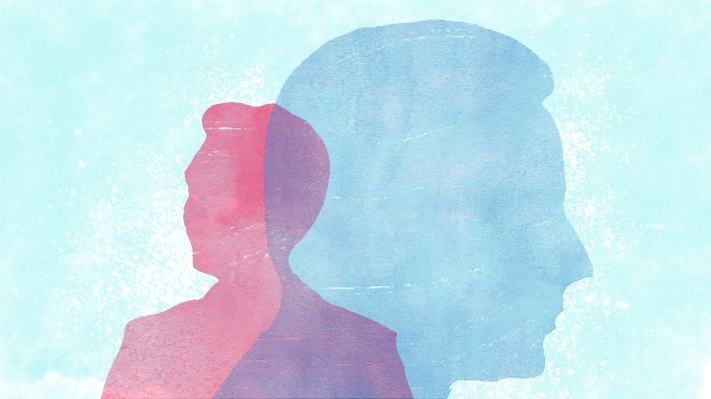When my Dad switched on the big light, closed the office door and pulled out a notepad and a pencil, I groaned a little as I knew I was going to be stuck in there for at least half an hour, listening to him.
He knew a lot about computer science as he had been a computer engineer for so long that he first started developing with a pen and paper. His code would then be stored on punched cards and fed into giant computers.
It was always the exact same routine. I’d ask him tech questions and his eyes would light up. What is an IP address? Object-oriented programming? A DNS? Ajax? A SQL database? A DDoS attack?
Somehow, he always ended up drawing circles, rectangles and arrows to explain how things communicated with each other. I don't think it was the easiest way to explain technical concepts, but it worked really well with me.
Listening
He taught me everything about public and private keys, hash values and certificates more than ten years ago, way before people started talking about end-to-end encryption messaging.
He used to say that privacy was more important than convenience. When Google launched Gmail in 2004, he said that I should assume that the NSA could read everything I wrote in Gmail, way before it became true and Edward Snowden revealed it.
All my writing is based on the technical knowledge he taught me as a teenager. He wanted me to become an engineer but I was more intrigued by foreign languages and inspired by French literature.
He was an important mentor but I don’t think he fully realized it.
Writing
When I started writing for TechCrunch a few years ago, I knew nothing about journalism and my writing skills were abysmal. I didn’t study journalism, English was my second language and I didn’t have any past work experience. I think it’s fair to say I didn’t have what it took to write for TechCrunch
I insisted so much that John Biggs gave up and hired me as an intern. He taught me everything about this job, from the most basic writing rules to the mission that still drives me today. I learned that I needed quotes in my articles (duh). He told me everything that was wrong with my ledes, again and again.
He said that I should talk with entrepreneurs in the community around me before thinking about covering startups thousands of miles away from me. He still quotes Finley Peter Dunne every now and then, reminding me what I’m supposed to do — “comfort the afflicted and afflict the comfortable.”
More importantly, he said that if I wanted to get better at writing, I should stop thinking about improving my writing and just write every day. And he also wrote something about my Dad when I needed it the most.
He still is an important mentor but I think he is underestimating everything he taught me.
Sharing
At this point, you’re probably wondering why I’m telling you all these boring stories about me. There’s a bigger point that I want to talk about: mentorship. (And John will probably yell at me for burying the lede so badly.)
When you work in tech, it’s easy to forget all the intermediate steps that you had to overcome to get there. In many ways, the tech industry is a meritocracy, which is both a good thing and a bad thing.
In particular, there’s a steep learning curve if you want to feel comfortable in the tech ecosystem in Silicon Valley, Paris, London or anywhere really. You need to learn the absurd lingo, some skills that you never learned in school and market data to find a job in a promising company.
You might think that this barrier to entry no longer exists now that we can find anything on the internet — at least that’s what I used to think. But the internet has become a toxic place. It has become too easy to troll and discourage people from trying and learning new things. I hope that online communities are going to become nicer in the coming years.
I also realized that I’ve learned many of the things I know from a handful of people. I mentioned two of them in this post, but there are a few others, women and men, who have had a profound impact on what I do today.
John once told me to think about the kids in high school who read TechCrunch and don’t know what to do. Maybe nobody in their families work in a tech company.
The good thing is that literally anybody can be an inspiring, knowledgeable person — yes, even you. Look around you and find someone who shares the same interests as you but got there later than you. You can give them a leg up. Help them find their way around.
And if you’re like me and you love your job, don’t forget to thank those around you who got you there. Let’s be kind to one another.
